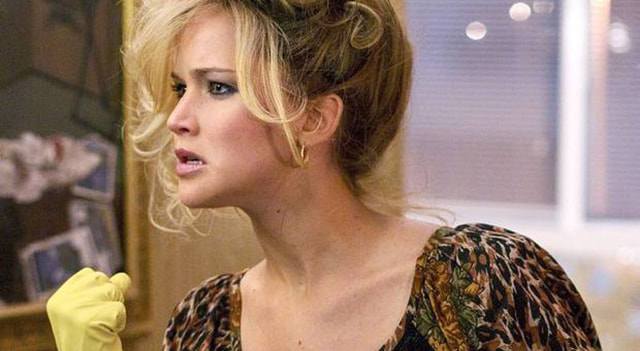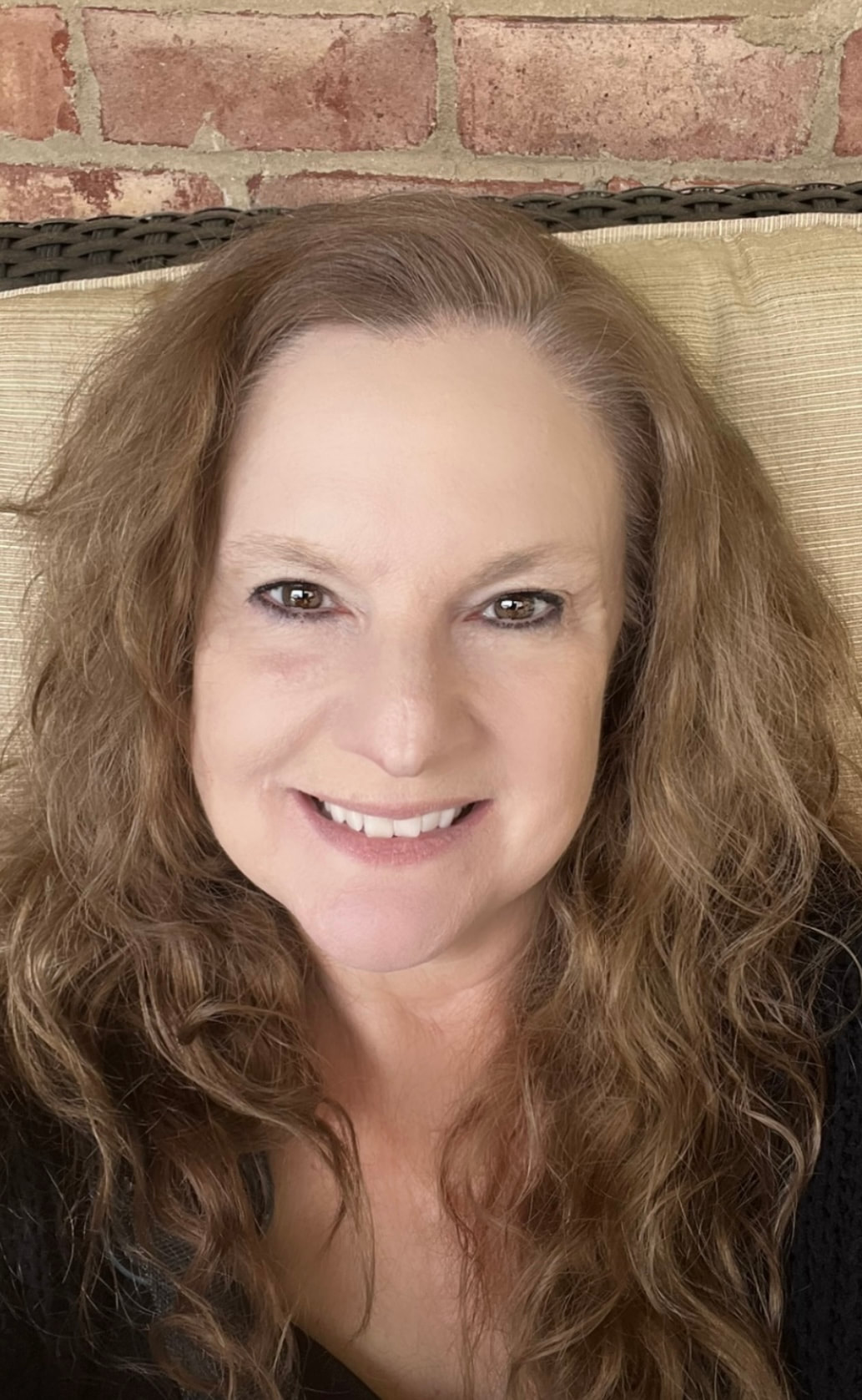Changing Perceptions: Gender Disparity in Children's Publishing and the Sinister Snare of Niceness2/28/2018  photo courtesy of https://www.themarysue.com photo courtesy of https://www.themarysue.com
The news about the gender pay gap in Hollywood is out. It began in 2014 when a hacker caused a security breach at Sony and the salaries of highly paid women were laid bare -- I'm talking serious movie stars like Jennifer Lawrence and Amy Adams, who were both paid far less than their male co-stars in American Hustle.
It was hideous. It was also a golden opportunity. The kind that comes along once in a lifetime. Jennifer Lawrence stood up for every woman in every field across America with her no holds barred letter (linked above). Here are the highlights: " ... I would be lying if I didn't say there was an element of wanting to be liked that influenced my decision to close the deal without a real fight. I didn't want to seem 'difficult' or 'spoiled.' At the time, that seemed like a fine idea, until I saw the payroll on the Internet and realized every man I was working with definitely didn't worry about being 'difficult' or 'spoiled.' ... If anything, I'm sure they were commended for being fierce and tactical, while I was busy worrying about coming across as a brat and not getting my fair share." If you are a woman, you know this was not news. We have been experiencing this type of treatment for generations. And now, four years later in 2018, these issues are being exposed within the children's publishing industry. Did we think we were immune to the pains that plague society as a whole? If we did, we were naive. Now that women have found their voices and inequality has been exposed, we are seeing some tiny bursts of momentum, which is wonderful! But there is still much work to be done. And with each new revelation, stomachs churn and spirits are crushed. We need one another now more than ever before. It's never been more important to walk in solidarity and community as women. Exposure is good. Uncovering sexual harassment and preferential treatment is important. But it hurts to hear that our beloved community needs this course correction. I want to thank Christine Taylor Butler for her extensive research on Caldecott winners. Other authors and illustrators will be shining a spotlight on gender disparities this month, too, which I think is brave considering our careers are at stake whenever we speak out, even if it's out of a love for our industry and a desire to see it healthy, stable, and strong. Stay tuned to #kidlitwomen every day in March for more posts from these extraordinary women. I am also grateful for the support of male authors like Josh Funk who consistently retweets our efforts (he doesn't believe men should get pats on the back for supporting feminism, however):
Other men are asking what they can do. What do we tell them? I have no ready answer. I'm still dealing with the sting of the yanked off bandaid. My wound is fresh. It's red and inflamed. Maybe others who are not quite so raw will recommend solutions, but right now all I see are obstacles. Obstacles men don't have to face.
These are the hypotheticals I'm thinking about right now: A man negotiates a pay raise and is lauded by his peers for being honest and straightforward. He is rewarded monetarily and applauded for being persistent. He's called a tough nut to crack (pun intended), a straight-shooter, a hard ass (in that way you know it's a compliment), and a strong negotiator. If he's an author, he is given all the marketing tools he needs to be successful. It's a strong sales partnership. His fame skyrockets. A woman asks for a raise, and one of two scenarios invariably plays out. The first scenario: "It's not like her husband isn't already making great money." "What a hard ass!" (not in that way you know it's a compliment). "I don't know if I can work with someone that inflexible." "She looks like trouble." "She's such a diva. I just don't know..." The second scenario (after a woman settles for less than she deserves): "What a sweetie!" "Oh, I LOVE her, and she's just a joy to work with!" "She's like, I dunno, my ideal human being, like Mother Teresa." "I just love being around her. She's so nurturing. She's full of grace, even in the way she walks and how she shares such profound wisdom with everyone." "She's such a cutie!" "So perkie!" "Oh, she's just adorable!" "She lights up the room whenever she walks in." "Wow, she's so pretty! And photogenic! And look! She loves dogs! Awwww." This isn't a blog post about money. We all know we're paid less than men in almost every profession, and I'm sure someone else with stats and figures to share will write THAT blog post. This post is about the importance of societal perceptions, unspoken rules, and expectations. The sorts of expectations that allow for women to be paid less in the first place. If we change THESE, we may well see gender disparity in salaries and book sales and book tours and marketing opportunities change for the better. But first, we need to stop telling women they have to be gentle, sweet, kind, polite, and passive in the workplace, that they must be amiable or they will be blacklisted. We need to stop telling OURSELVES that. Take a lesson from Jennifer Lawrence. Go read her letter again. Memorize it. We don't have to be weak and frail and submissive. It's feminine to be powerful, strong, intelligent, direct, resilient, and firm. If only companies across America agreed with me. What can be done? Here's a short video that outlines a few ways we can "design" gender equality.
And here are a few of my ideas.
1) Check yourselves. Even if you have to do it ten or fifteen times a day, check constantly to make sure you are not allowing gender bias to come into play in your daily work as an author, agent, editor, publicist, art director, illustrator, or publisher. 2) Remain open to change. Sometimes change is painful. We humans dislike discovering ugly things about ourselves, and this may be one of those times of adjustment that turn society as a whole in a positive direction. You may need to take a long, hard look at yourself and come to terms with the sins of the past. Have you behaved in ways that supported gender bias within this industry? Have you provided stronger marketing support for books written by men? By young authors as opposed to more seasoned ones? Have you ignored the work of marginalized groups? Of people of color or people of other sexual persuasions than your own? Ouch. It hurts to see your bad side reflected. Look anyway. Change. 3) Talk about it. The more we discuss gender issues within children's publishing, the stronger the chance we will have of correcting the problems we find. Be willing to sit down and talk it out with a fellow author, author to agent, agent to editor, author to editor. Especially when there is a power disparity (author to editor). Like Amy Adams, we sometimes walk a fine line, waiting for that offer to come, only to discover we were paid far less than the man next to us who is at a similar place in his career. A frank conversation with an editor who is not in a power position over you can help, too. Especially when it's a public conversation on Twitter. If you are an Amy Adams or Jennifer Lawrence within the children's publishing industry, you represent us all. If you are a Jeremy Renner, Christian Bale, or Bradley Cooper, it's even more important that you speak up on behalf of women authors. I cannot emphasize enough the importance of talking and listening and walking this out in community. If you are guilty, don't stand your ground, calling out those who are trying to help you "see" and telling them they're just being reactionary, overly sensitive, unyielding. I've seen people do that. It's ugly and it perpetuates the inequality from generation to generation. That's enabling behavior. Women have had enough "Bless your heart's" and "Aren't you adorable's" to last a lifetime. We have had enough judgment, criticism, gossip, back-biting, and lackluster success. It's time for us ALL to scrutinize our own scarred hearts and uproot the gender bias that's grown there for so long unfettered. We can do this. Together. For further information on the Science behind cognitive dissonance and how the brain adapts to societal change, read this enlightening post by children's book author Angie Isaacs. We're celebrating Women's History month with 31 days of posts focused on improving the climate for social and gender equality in the children’s and teens' literature community. Join the conversation on Facebook or Twitter.
3 Comments
|
About meWhen Megan Hoyt first stepped into a tiny library in East Dallas and checked out The Fairy Doll, time stood still for one brief moment. A book! A lovely, magical book about a little girl, overshadowed and overlooked, the youngest of four, just like me! she thought. Rumer Godden gave way to Madeleine L’Engle and Frances Hodson Burnett. Soon, a sturdy, low-hanging backyard branch became a thoughtful spot where some rather large ideas began to take shape. If reading James Barrie can make a girl flap her arms and jump off a garden wall fully expecting to fly, books truly do pulse with life. Archives
October 2023
Categories |

 RSS Feed
RSS Feed
